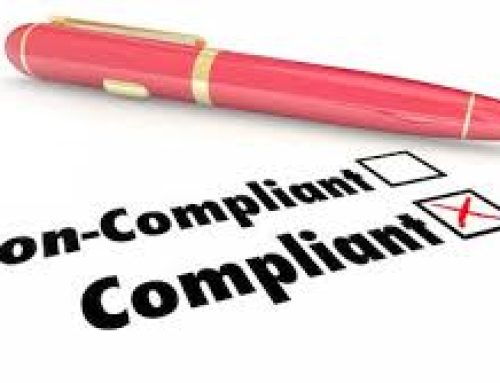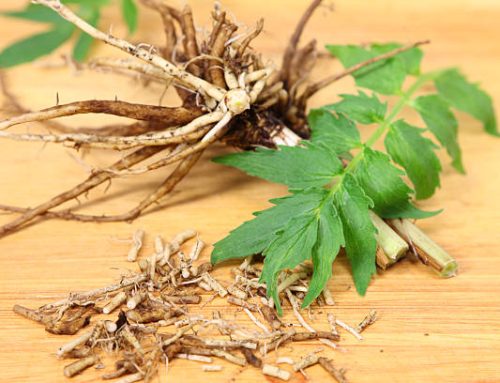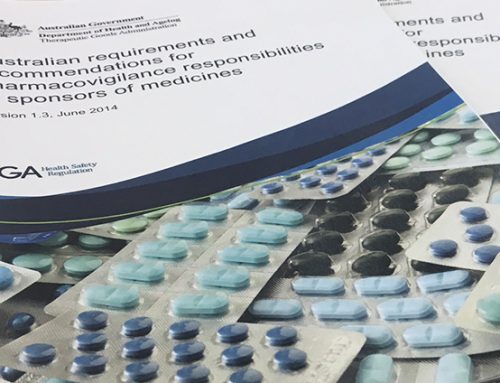Following a safety review on the ingredient caffeine, an amendment has been made to the Permissible Ingredients Determination.
Safety concerns were raised in June 2019, when the TGA was contacted by the NSW Coroner’s Court regarding the death of an individual associated with acute caffeine toxicity. The caffeine is suspected to have been ingested from an unlabelled pure or highly concentrated caffeine powder. Further, on 10 July 2019 Minister Colbeck and Minister Hunt wrote to Food Standards Australia New Zealand (FSANZ) to request a review of the safety of caffeine powders and high caffeine content products. The Ministers also requested that FSANZ engages with TGA to align therapeutic goods regulations with food regulation to the extent possible.
Subsequently, the TGA reviewed the current toxicology data pertaining to caffeine and reconsidered the requirements for caffeine in listed medicines;
- as an individual ingredient,
- when present as a component of other herbal ingredients (e.g. Camellia sinensis), and
- when present from both these sources (i.e. total caffeine).
This prompted the release of Therapeutic Goods Amendment (Permissible Ingredients) Determination (No. 1) 2019, which is an immediate amendment to the current June 2019 versions of Therapeutic Goods (Permissible Ingredients) Determination (No. 2) 2019.
Sponsors who have products containing the below list of herbal ingredients will be affected;
- Camellia sinensis
- Coffee arabica
- Coffea canephora
- Coffee
- Cola acuminata
- Cola nitida
- Ilex paraguariensis
- Paullinia cupana
- Theobroma cacao
Below are changes with Immediate effect (Caffeine)
- Undivided preparations must not contain a concentration of total caffeine greater than 4%.
- Divided preparations must not contain a concentration of total caffeine greater than 33%.
For the following requirements, sponsors of existing listed medicines have been given a transition period until 2 March 2021 to bring affected products into compliance, and any new listed medicines will need to comply immediately:
- Caffeine as an individual ingredient for oral use is restricted to a maximum of 100mg daily.
- Caffeine as a component of herbal ingredients will have a dosage restriction of 400mg daily, with a maximum of 100mg caffeine every 3 hrs.
- In undivided preparations, the concentration of caffeine is capped at 1% (down from immediate restriction of 4%).
- For divided preparations, the concentration will remain capped at 33%.
Warning statements
The CAFF warning statement has been adjusted to improve consumer awareness. An additional warning statement CAFFPREG addresses concerns in pregnancy and lactation.
For doses, greater than 80 mg/day (equivalent to a cup of instant coffee) additional warning statements will be required to address safety concerns of inadvertent misuse, interactions with other medicines which may lead to increased caffeine plasma levels or interactions between medicines, and potential adverse effects due to high caffeine intake.
- When the maximum recommended daily dose provides greater than 10 mg of total caffeine, the following warning statements are required:
– (ADULT) ‘Adults only’ (or words to that effect).
– (CAFF) ‘Contains caffeine [state quantity per dosage unit or per mL or per gram of product] total caffeine [per dosage unit or per mL or per gram]. A cup of instant coffee contains approximately 80mg of caffeine.’
– (CAFFPREG) ‘Caffeine intake more than 200 mg per day is not recommended during pregnancy or breastfeeding.’
- When the maximum recommended daily dose provides greater than 80 mg of total caffeine, the following warning statements are required:
– (CAFFLIMIT) ‘Limit the use of caffeine-containing products (including tea and coffee) when taking this product.’
– (CAFFCYP) ‘Caffeine interacts with the liver enzyme CYP1A2. Consult your health professional before taking with other medicines’ (or words to that effect).








